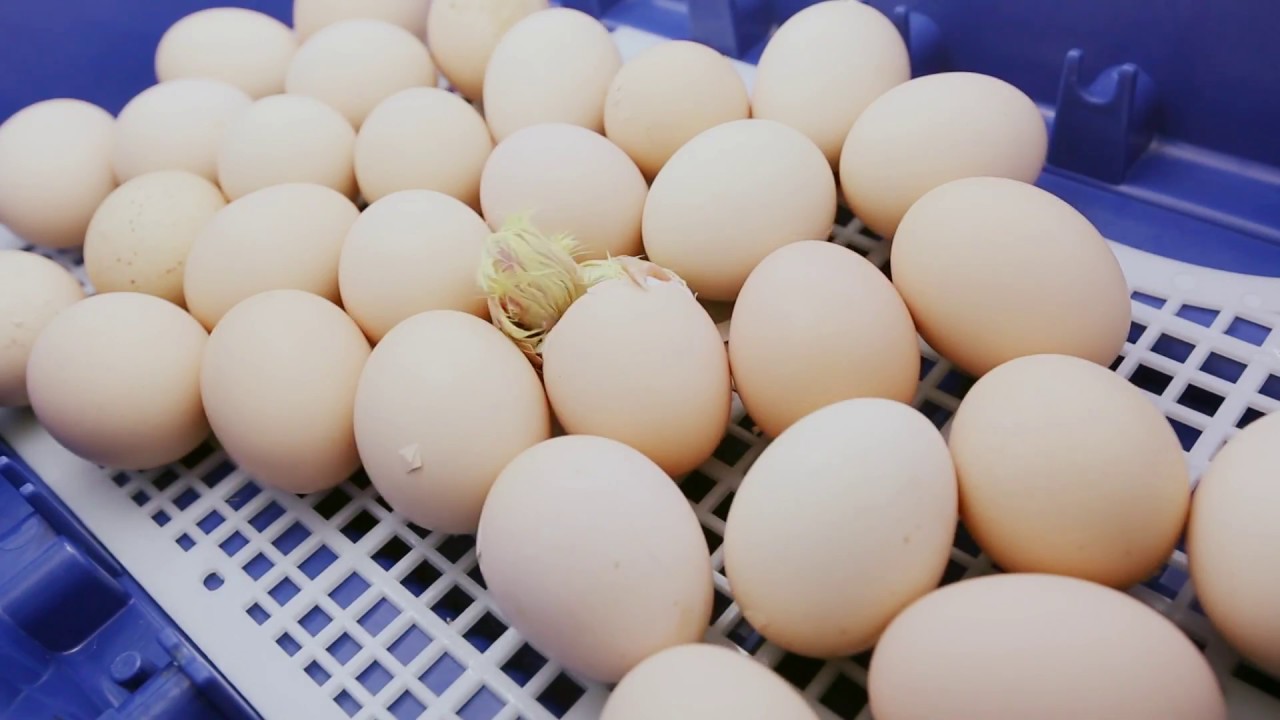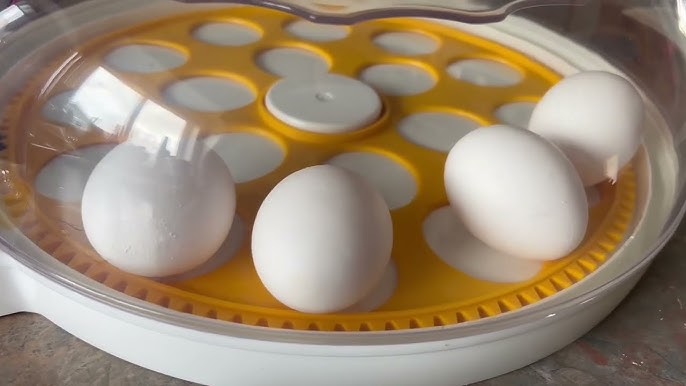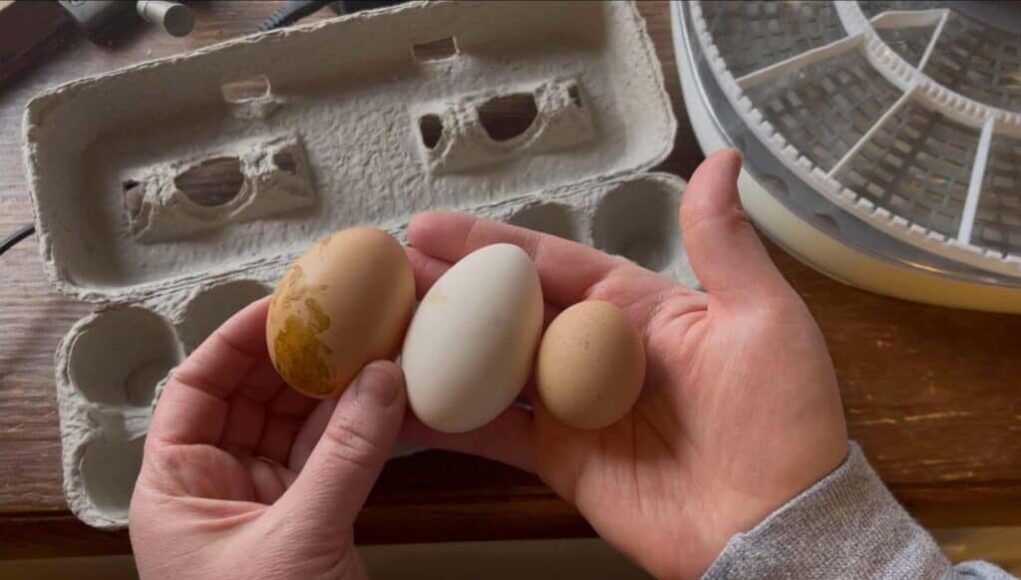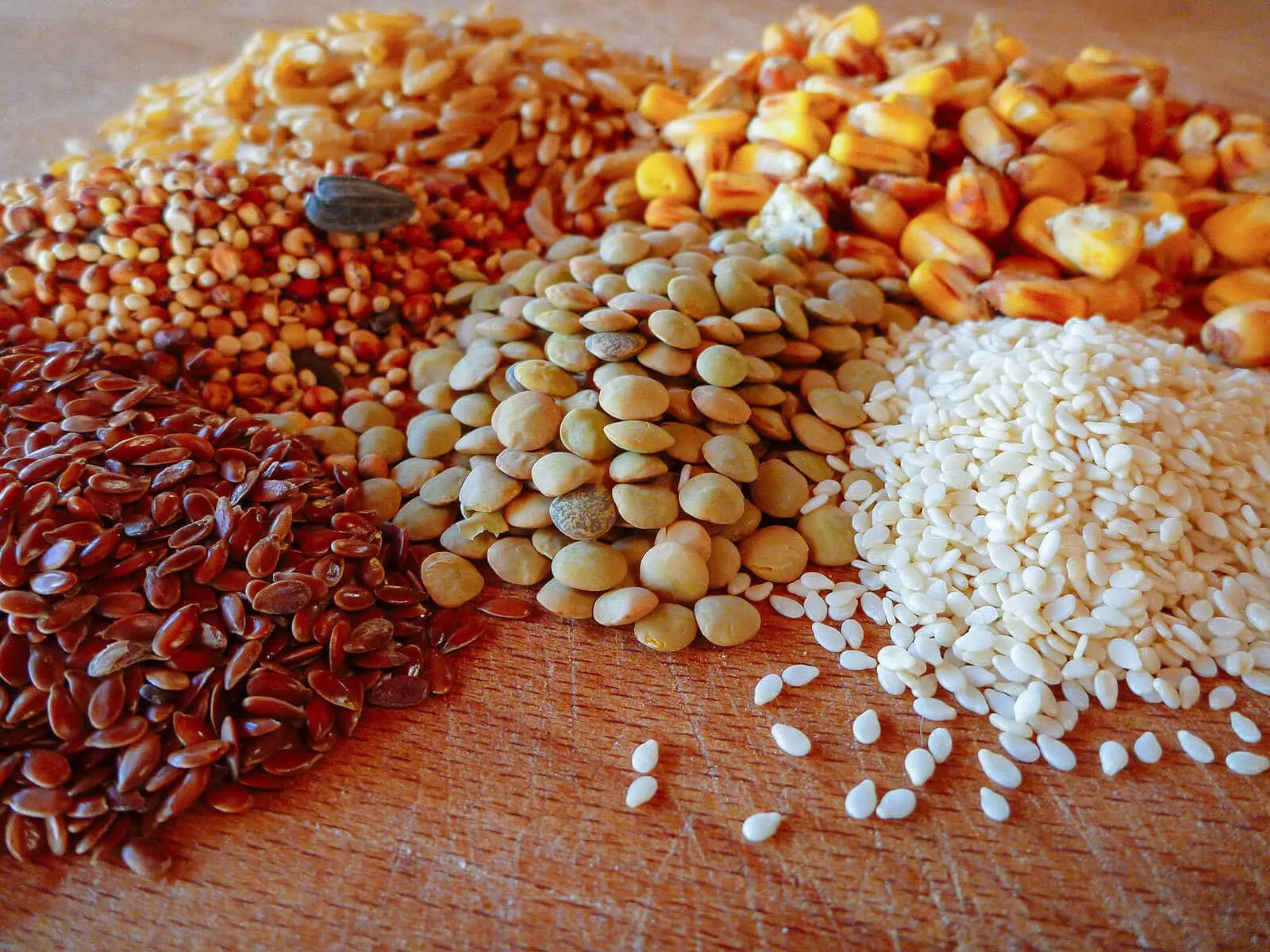In the world of poultry farming, the benefits of automatic humidity control are numerous and impactful. From enhancing the hatching success rates to improving the overall health of the chicks, automatic humidity control systems are a game-changer. Understanding these benefits is crucial for anyone involved in poultry farming, especially chicken lovers who are keen to ensure the prosperity of their flock.

Understanding Humidity Control
Humidity control is a critical aspect of the egg incubation process. It plays a significant role in ensuring the eggs develop properly. High or low humidity levels can lead to poor hatch rates and unhealthy chicks.
Why Humidity Matters
Humidity affects the rate of water loss from the eggs during incubation. Adequate humidity levels ensure the proper development of the embryo and prevent issues such as deformed chicks or unhatched eggs.
The Role of Automatic Systems
Automatic humidity control systems continuously monitor and adjust the humidity levels inside the incubator, ensuring optimal conditions are maintained without constant manual intervention.
Improved Hatching Success Rates
One of the most significant benefits of automatic humidity control is the improvement in hatching success rates. By maintaining the ideal humidity levels, these systems ensure that the embryos develop under optimal conditions, leading to higher hatchability.
Consistency is Key
Automatic systems provide consistent humidity levels, which are crucial for successful hatching. This consistency is difficult to achieve manually, especially for those new to poultry farming.
Reduced Risk of Human Error
Manual monitoring of humidity can lead to errors, resulting in poor hatch rates. Automatic systems reduce this risk by ensuring precise control over the incubation environment.
Enhanced Chick Health
Another benefit is the improvement in the health of the chicks. Proper humidity levels during incubation lead to healthier chicks that are more likely to thrive post-hatching.
Preventing Dehydration
Automatic humidity control helps prevent dehydration of the eggs, which is a common issue when humidity levels are not adequately maintained.
Promoting Proper Development
Consistent humidity levels ensure that the chicks develop properly, reducing the likelihood of deformities and other health issues.
Ease of Use for Poultry Farmers
For poultry farmers, especially those managing large operations, automatic humidity control provides ease of use and convenience. These systems allow farmers to focus on other critical aspects of poultry farming without the constant worry of manual humidity adjustments.
Time-Saving
Automatic systems save time by eliminating the need for constant monitoring and adjustments, allowing farmers to allocate their time more efficiently.
Increased Productivity
With less time spent on monitoring, farmers can focus on other important tasks, thereby increasing productivity and efficiency in their operations.
Cost-Effectiveness
While the initial investment in automatic humidity control systems may be higher, the long-term cost savings due to improved hatch rates and reduced labor make them a cost-effective choice for poultry farmers.
Reduced Waste
Better hatching success rates mean fewer wasted eggs, reducing the overall cost of production.
Long-Term Savings
The increased efficiency and productivity resulting from these systems lead to long-term financial savings.
Environmental Benefits
Automatic systems are designed to be energy efficient, which contributes to environmental sustainability. By using less energy, these systems help reduce the carbon footprint of poultry farming operations.
Energy Efficiency
Modern automatic systems are designed to operate efficiently, using minimal energy while maintaining optimal conditions.
Sustainability
By reducing energy consumption, poultry farmers contribute to more sustainable farming practices.
Conclusion
In conclusion, the benefits of automatic humidity control in poultry incubation systems are substantial. From improving hatch rates and chick health to providing ease of use and cost savings, these systems are an invaluable tool for poultry farmers. For more insights on egg incubation, you can visit Egg Incubation Tips or learn about Egg Incubator Setup.

FAQs
What is the ideal humidity level for egg incubation?
The ideal humidity level varies, but generally, it should be around 50-55% for the first 18 days and 65-70% for the last few days.
Can manual humidity control be as effective as automatic systems?
While manual control can be effective, automatic systems provide more consistent and accurate control, reducing the risk of human error.
How do automatic humidity control systems work?
These systems use sensors to monitor humidity levels and automatically adjust them as needed to maintain optimal conditions inside the incubator.
This article contains affiliate links. We may earn a commission at no extra cost to you.











